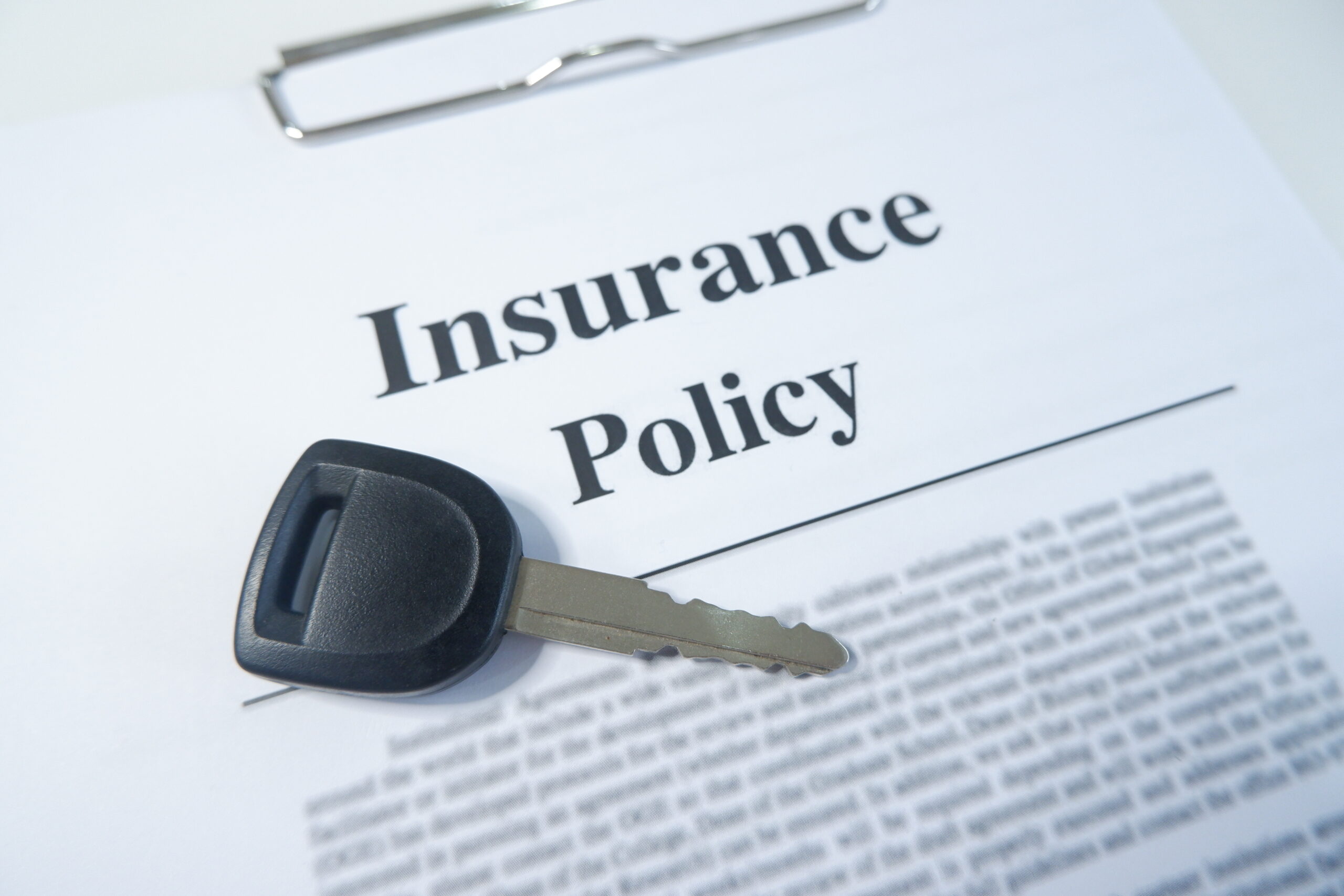Why Are Most Car Accident Claims Denied in Ohio?
Posted in Accident & Injury, Automobile, Car Accident, Health & Wellness, Motorcycle Accident, Truck Accident on October 2, 2024

Car accidents can be traumatic, and filing a claim should be a step toward financial recovery. However, many Ohio residents face the frustration of having their claims denied. Ohio follows a comparative negligence rule, meaning that if you’re more than 50% at fault, you can’t recover damages from the other driver’s insurance.
To improve your chances of a successful claim, it’s important to report the incident promptly, gather sufficient documentation, and understand the limitations of your insurance policy. Since insurance companies often dispute fault, coverage limits, or documentation, staying proactive can reduce the risk of claim denials.
6 Reasons Ohio Car Accident Claims Are Denied
Policy Limitations
Insurance policies have specific coverages and exclusions. For example, if your policy covers collisions but not comprehensive incidents, damage from theft, vandalism, or weather-related accidents may not be covered. Your claim could also be denied if you used your car for a rideshare service like Uber or Lyft and didn’t have specific rideshare coverage.
Liability Disputes
Liability is often disputed in car accident claims. If you rear-end another vehicle, the insurance company may initially consider you at fault. However, liability could shift if evidence shows that the other driver made a sudden, unlawful stop. In cases where both drivers share fault, Ohio’s comparative negligence law could reduce or deny your compensation if you’re found to be more than 50% responsible for the accident.
Delayed Reporting or Filing
Every insurance company has specific deadlines for filing claims, ranging from 24 hours to 30 days after the accident. If you wait too long to report a minor accident, the insurance company may claim that the delay affected their investigation ability, potentially leading to a denial for “late reporting.” Even if injuries or damages seem minor initially, it’s always best to report the incident immediately.
Insufficient Documentation
It’s essential to gather the proper evidence to support your claims. For instance, if you don’t get a police report or medical records right after an accident, the insurance company might say there isn’t enough proof of the accident or your injuries. Additionally, witness statements, photos of the scene, and repair estimates are crucial in supporting your claim.
Allegations of Fraud or Misrepresentation
The information you provide in your insurance application and when making a claim must be precise and correct. Even small mistakes can result in your claim being denied. For example, if you underestimate your vehicle’s mileage or leave out information about previous accidents, the insurance company could accuse you of misrepresentation.
Exceeding Coverage Limits
If the cost of damages or injuries exceeds your policy’s limits, the insurance company will only pay up to the maximum amount specified.
For example, suppose you’re at fault for an accident that results in $100,000 worth of damage, but your policy only provides $50,000 in liability coverage. In that case, you’ll be responsible for the remaining $50,000. This is why regularly reviewing your policy and ensuring you have adequate coverage for potential risks is essential.
What Can I Do if My Car Accident Claim is Denied?
- Review Your Policy: Carefully review your insurance policy to understand the coverage and terms. You may need legal assistance if you think your claim was unfairly denied.
- File an Appeal: You can appeal a denied claim if you believe the insurance company made an error. This typically involves submitting additional documentation to support your case.
- Seek Legal Help: If your claim was denied and you suspect the insurance company is acting in bad faith, consult a personal injury attorney who can help protect your rights, negotiate with the insurer, and pursue legal action if necessary.
- Understand Fault: Ohio operates under a fault-based system, meaning your compensation may be reduced if you are partially at fault for the accident. An attorney can help you understand how fault is determined and its impact on your case.
- Document Everything: Keep detailed records of all accident-related documents, such as medical bills, lost wages, and correspondence with your insurance company. This evidence will be crucial in supporting your case.
- Stay Persistent: Facing a denied insurance claim can be overwhelming, but don’t lose hope. There are ways to pursue the compensation you deserve.
Need Help After a Denied Car Accident Claim in Ohio? Elk + Elk Can Help
Dealing with insurance companies after an accident can be challenging. Their main goal is to protect their profits, which can lead to denying claims, offering low settlements, or delaying the process. They may use tactics like shifting blame onto you or downplaying the severity of your injuries.
With the proper legal support, accident victims can level the playing field and navigate the often-complicated world of insurance claims. If you’re struggling with an insurance company after an accident, having an experienced attorney like those at Elk + Elk is critical to securing the compensation you deserve. Contact Elk + Elk at 1-800-ELK-OHIO to learn about your options for appealing an insurance denial.